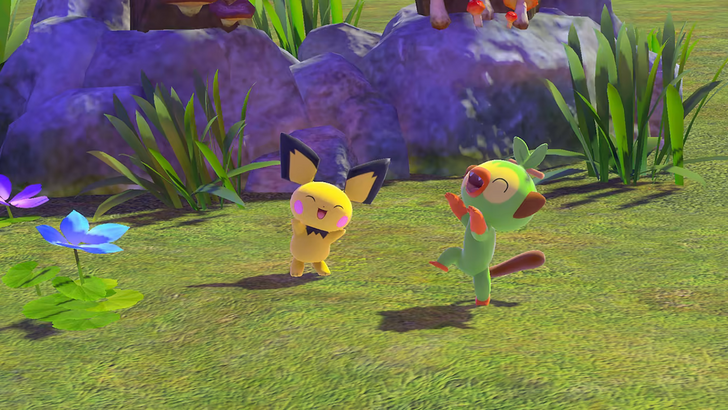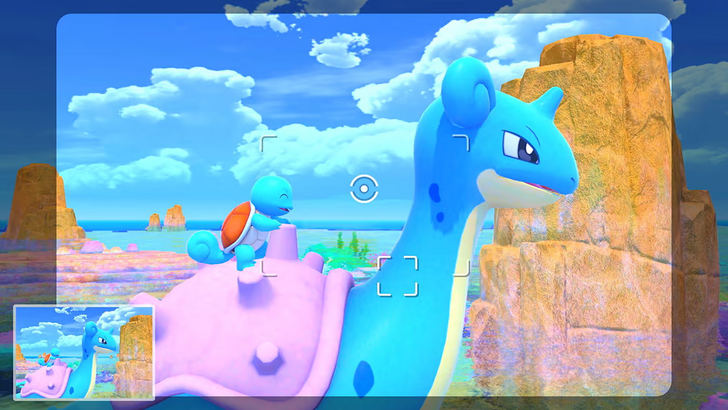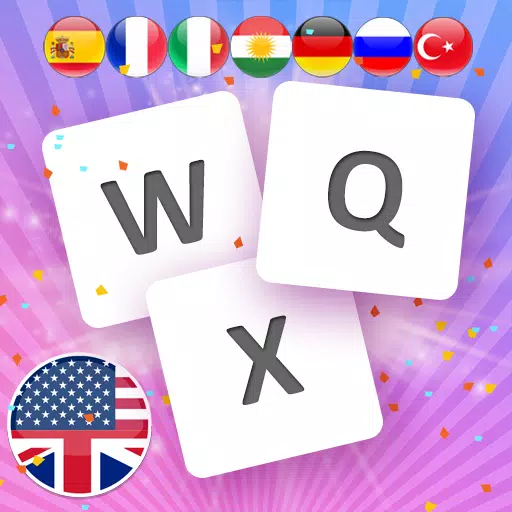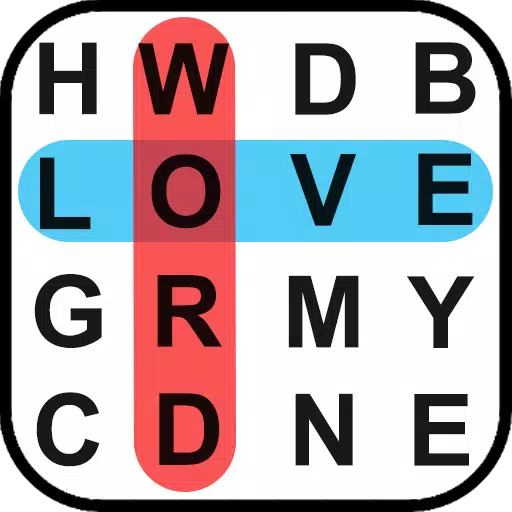 Nintendo makes history in China with the launch of New Pokémon Snap, marking the franchise's official debut in the country. This article explores the significance of this release and the journey Pokémon has taken to reach Chinese gamers.
Nintendo makes history in China with the launch of New Pokémon Snap, marking the franchise's official debut in the country. This article explores the significance of this release and the journey Pokémon has taken to reach Chinese gamers.
Pokémon's Chinese Debut
A Historic Milestone for Nintendo and Pokémon Fans
 On July 16th, New Pokémon Snap, initially released globally on April 30th, 2021, became the first officially released Pokémon game in China. This is a monumental event, considering China's past video game console ban (imposed in 2000 and lifted in 2015). The ban, stemming from concerns about the impact of video games on children's development, effectively kept Pokémon out of the Chinese market for years. This launch signifies a significant breakthrough for Nintendo and the vast community of Chinese Pokémon fans.
On July 16th, New Pokémon Snap, initially released globally on April 30th, 2021, became the first officially released Pokémon game in China. This is a monumental event, considering China's past video game console ban (imposed in 2000 and lifted in 2015). The ban, stemming from concerns about the impact of video games on children's development, effectively kept Pokémon out of the Chinese market for years. This launch signifies a significant breakthrough for Nintendo and the vast community of Chinese Pokémon fans.
Nintendo's strategic partnership with Tencent in 2019, bringing the Nintendo Switch to China, paved the way for this release. New Pokémon Snap's arrival represents a crucial step in Nintendo's ambitious expansion into the lucrative Chinese gaming market, a key component of their broader strategy for growth in the region. Further high-profile releases are planned for the near future.
More Nintendo Titles Coming to China
 Following New Pokémon Snap, Nintendo plans to release several other popular titles in China, including:
Following New Pokémon Snap, Nintendo plans to release several other popular titles in China, including:
- Super Mario 3D World + Bowser’s Fury
- Pokémon Let’s Go, Eevee and Pikachu
- The Legend of Zelda: Breath of the Wild
- Immortals Fenyx Rising
- Above Qimen
- Samurai Shodown
This diverse lineup showcases Nintendo's commitment to establishing a strong presence in China, offering a compelling range of titles to a large and eager audience.
Pokémon's Unofficial Chinese Legacy
 The surprise many international fans express about the long-standing console ban highlights the unique relationship between Pokémon and China. Despite the official absence, a dedicated fanbase thrived, accessing games through unofficial channels like overseas purchases and dealing with counterfeit products and smuggling. A recent example involved a woman caught smuggling 350 Nintendo Switch games.
The surprise many international fans express about the long-standing console ban highlights the unique relationship between Pokémon and China. Despite the official absence, a dedicated fanbase thrived, accessing games through unofficial channels like overseas purchases and dealing with counterfeit products and smuggling. A recent example involved a woman caught smuggling 350 Nintendo Switch games.
The iQue Player, a collaboration between Nintendo and iQue released in the early 2000s, attempted to address rampant piracy. This unique device, essentially a compact Nintendo 64 integrated into the controller, aimed to provide a legitimate alternative.
 A Reddit user aptly noted the remarkable achievement of Pokémon's global success without official presence in China. Nintendo's recent actions demonstrate a strategic shift, aiming to capitalize on the untapped potential of this massive market.
A Reddit user aptly noted the remarkable achievement of Pokémon's global success without official presence in China. Nintendo's recent actions demonstrate a strategic shift, aiming to capitalize on the untapped potential of this massive market.
The introduction of Pokémon and other Nintendo franchises into China marks a significant turning point. The enthusiastic reception suggests a bright future for gaming in China and beyond, as Nintendo continues to navigate this complex but promising market.






























